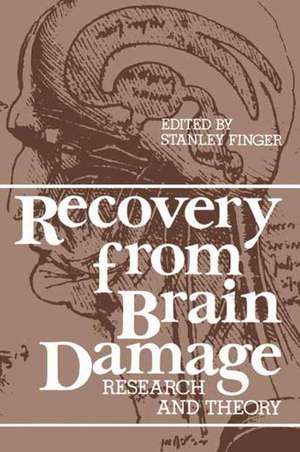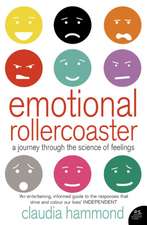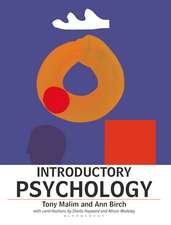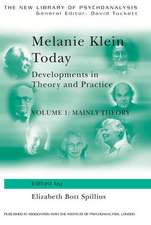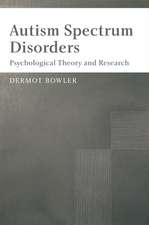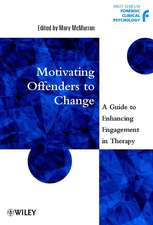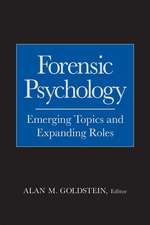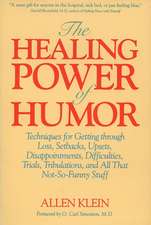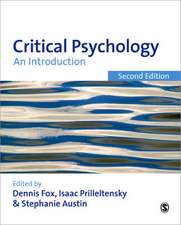Recovery from Brain Damage: Research and Theory
Editat de Stanley Fingeren Limba Engleză Paperback – 2 apr 2012
Preț: 395.25 lei
Nou
Puncte Express: 593
Preț estimativ în valută:
75.65€ • 77.96$ • 63.87£
75.65€ • 77.96$ • 63.87£
Carte tipărită la comandă
Livrare economică 03-17 martie
Preluare comenzi: 021 569.72.76
Specificații
ISBN-13: 9781461577256
ISBN-10: 146157725X
Pagini: 440
Ilustrații: XVI, 424 p.
Dimensiuni: 152 x 229 x 23 mm
Greutate: 0.59 kg
Ediția:Softcover reprint of the original 1st ed. 1978
Editura: Springer Us
Colecția Springer
Locul publicării:New York, NY, United States
ISBN-10: 146157725X
Pagini: 440
Ilustrații: XVI, 424 p.
Dimensiuni: 152 x 229 x 23 mm
Greutate: 0.59 kg
Ediția:Softcover reprint of the original 1st ed. 1978
Editura: Springer Us
Colecția Springer
Locul publicării:New York, NY, United States
Public țintă
ResearchCuprins
I: The Domain of Brain-Lesion Research.- 1 The Logic of the Lesion Experiment and Its Role in the Neural Sciences.- II: Species Variables.- 2 Generalizations in Neuropsychology.- 3 The Interplay of Experimental and Clinical Approaches in Brain Lesion Research.- III: Anatomical Response to CNS Injury.- 4 Lesion Experiments: Some Anatomical Considerations.- 5 Brain Lesions: Induction, Analysis, and the Problem of Recovery of Function.- IV: Experimental Manipulations and Behavioral Recovery.- 6 Age, Brain Damage, and Performance.- 7 Lesion Momentum and Behavior.- 8 Time and Recovery from Brain Damage.- 9 Testing Procedures and the Interpretation of Behavioral Data.- 10 Subtotal Lesions: Implications for Coding and Recovery of Function.- 11 Pharmacological Modification of Brain Lesion Syndromes.- 12 Environmental Attenuation of Brain-Lesion Symptoms.- 13 Sensory Restriction and Recovery of Function.- V: Accounting for Sparing and Restitution.- 14 Recovery after Brain Damage and the Concept of Localization of Function.- 15 Is Seeing Believing: Notes on Clinical Recovery.
